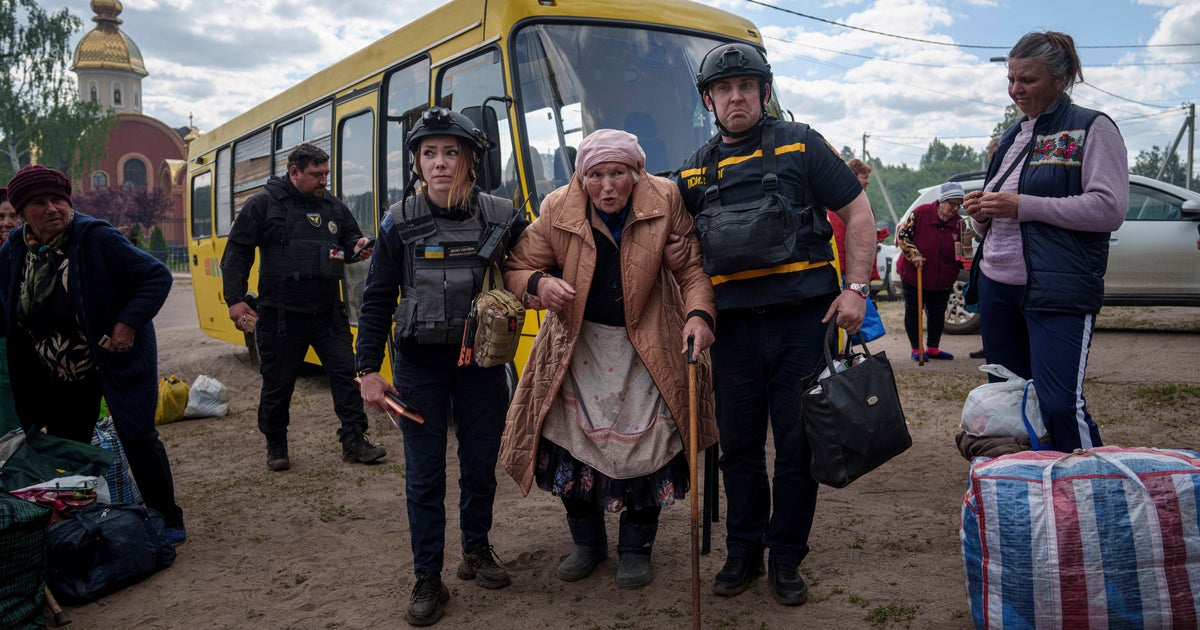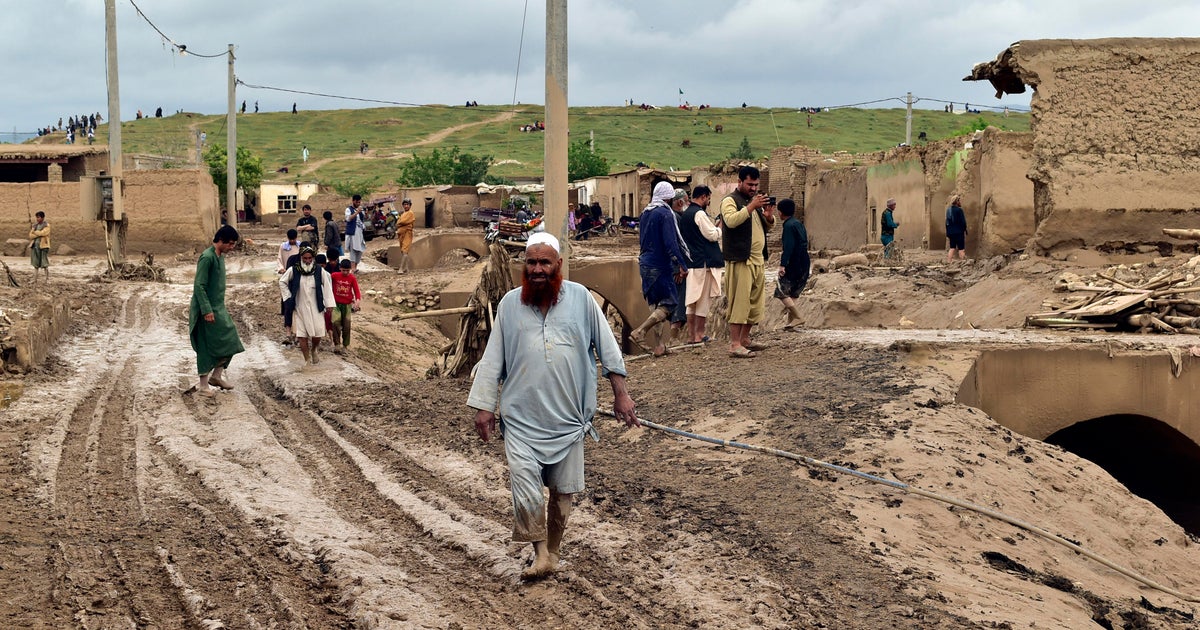China accused of "assault on media freedoms" as Australian journalists leave under pressure
The last two journalists working for Australian media in China have left the country after police demanded interviews with them and temporarily blocked their departures, marking a further twist in China's increasingly troubled relationship with the foreign media.
The absence of Australian media from China for the first time in four decades comes during a low point in the two countries' relations, and the events that led to the journalists' departures were seen as evidence of an increasing risk to foreign journalists working in China.
Australian Broadcasting Corp.'s Bill Birtles and The Australian Financial Review's Michael Smith landed in Sydney on Tuesday after flying from Shanghai on Monday night, both news outlets reported.
Both journalists had sheltered in Australian diplomatic compounds in recent days.
They left after Australia revealed last week that Australian citizen Cheng Lei, a business news anchor for CGTN, China's English-language state media channel, had been detained.
Both journalists were told they were "persons of interest" in an investigation into Cheng, The Australian Financial Review reported. Seven uniformed police visited each journalist's home in Beijing and Shanghai at 12:30 a.m. Thursday, the newspaper said.
Birtles said he knew Cheng, "but not especially well," and Smith had met her once in his life.
"I believe the episode was more one of harassment of the remaining Australian journalists rather than a genuine effort to try and get anything useful for that case," Birtles said from his Sydney pandemic quarantine hotel room.
Chinese foreign ministry spokesperson Zhao Lijian told reporters Tuesday that Cheng was "suspected of carrying out criminal activities endangering China's national security."
"Compulsory measures have been imposed on Cheng and she has recently been investigated by relevant authorities," Zhao said at a daily briefing.
"Reporting in accordance with laws"
As part of that investigation and in accordance with the law, China's "relevant authority" demanded to question Birtles and Smith "which is normal law enforcement," Zhao said.
He had no details on the circumstances of the departure of the two Australians, but said China protected the legitimate rights and interests of news gathering staff and "they have the obligation to comply with the laws and regulations in China."
"As long as foreign journalists conduct news reporting in accordance with laws, they should have nothing to worry about," Zhao said.
Australian Embassy officials in Beijing told Birtles last week that he should leave China, ABC reported.
Birtles was due to depart Beijing on Thursday and was holding a farewell party on Wednesday when police came to his apartment at midnight and told him he was banned from leaving the country, he said in a post written for ABC. He was told he would be contacted on Thursday to organize a time to be questioned about a "national security case."
Birtles went to the Australian Embassy, where he spent four days while Australian and Chinese officials negotiated. Smith had similarly holed up at the Australian Consulate in Shanghai.
Birtles and Smith both agreed to give police a brief interview in return for being allowed to leave the country.
Australian Foreign Minister Marise Payne said Cheng's detention was part of the reason her government had advised the journalists to leave. She declined to detail all the reasons.
"It is disappointing that after many years, Australia will not have a media organization present in China for some period of time," Payne said.
She said Australia would not retaliate by revoking the visas of Chinese journalists working in Australia.
"Australia operates according to law and in our national interests and unless individuals are breaching laws in Australia, then that would not be an approach that we would take," Payne said.
Relations between China and Australia were already strained by Australia outlawing covert interference in politics and banning communications giant Huawei from supplying critical infrastructure. They have worsened since the Australian government called for an independent inquiry into the origins of and international responses to the coronavirus pandemic.
An "assault on media freedoms"
Australia's journalist union, Media Entertainment and Arts Alliance, said China was no longer safe for foreign reporters.
"These outrageous attacks on press freedom place any foreign correspondents reporting from China at risk," union president Marcus Strom said.
The Foreign Correspondents' Club of China strongly condemned what it called the government's "unprecedented harassment and intimidation" of the two.
"This effort to keep foreign journalists in China against their will marks a significant escalation of an ongoing, sustained Chinese government assault on media freedoms," the club said in a statement Tuesday.
U.S. warned of more restrictions
China expelled a record 17 foreign journalists in the first half of 2020 and recently delayed renewing the press cards of five others working for U.S. outlets — putting them at risk of expulsion — in tit-for-tat retaliation for Washington's limits on Chinese reporters operating in the U.S. and delays in renewing the visas of others.
In a series of tweets sent Tuesday, State Department spokeswoman Morgan Ortagus said the U.S. government had been "working for years to convince" China to "give U.S. media outlets the freedom to resume their normal operations, and to stop the intimidation and harassment of foreign journalists."
She said China had, however, "informed us that they plan to further limit access for foreign journalists" in the country, which she warned would "worsen the reporting environment in China, which is already suffering a dearth of open and independent media reporting."




